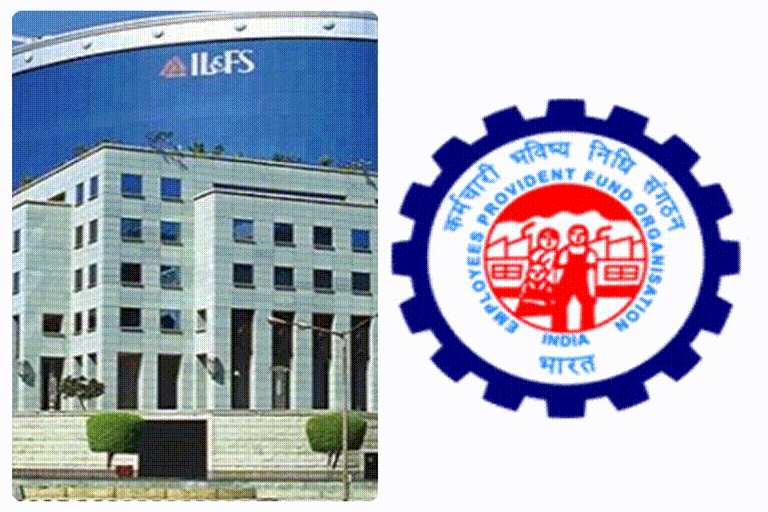New Delhi : The arrest of IL&FS’ ousted MD and vice- chairmen Hari Shankaran has once again given a wake-up call with regards to abuse of power. The Serious Fraud Investigation Office has alleged that Shankaran through his fraudulent conduct has abused his power in IL&FS financial service Ltd. Shankaran had misused his power to grant loans to companies which were not creditworthy or have been declared non-performing. These transactions have resulted in losses for the company and its creditors.
The irregularities of IL&FS came to light in 2018, when the company failed to repay the debt taken from banks. The Indian banks to be in bad shape when it comes to NPA’s. By March end the NPA’s of all the Indian banks have reached almost 150 billion dollars and the public sector banks have a lion share in these NPA’s. The ever-increasing bad debts have a negative effect on the banks and the bad debts of IL&FS have supplemented the troubles of the banking sector.
The banking sector too is to be blamed; as in 2017 the banks in order to achieve the lending targets and save their own skin started to outsource their lending through NBFC’s. The banks had lent over 84,000 crores to NBFC’s during December 2017 and April 2018. The NBFC’s have played a pivotal role in the financial service sector. They have a good reach in the hinterland and have delivered at doorstep the finance to the marginal unbanked/under-banked customers. The banking regulator RBI, too, from time to time has been issuing regulations to prevent any kind of irregularities.
With IL&FS fraud in the hindsight; a wake-up call with regards to ethical practices must also be sounded/raised.


